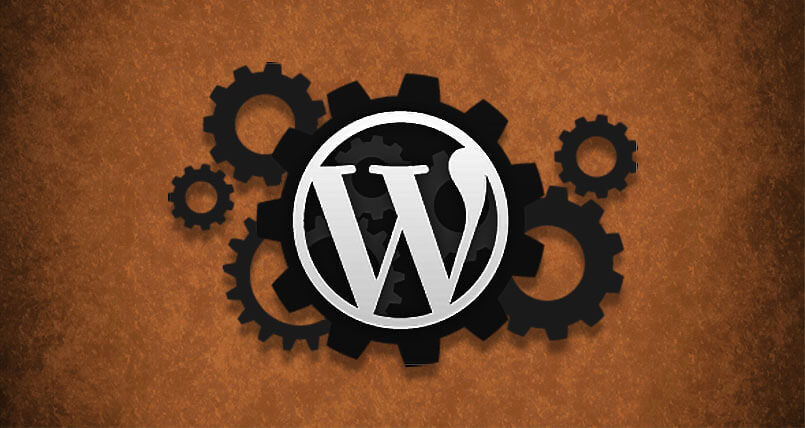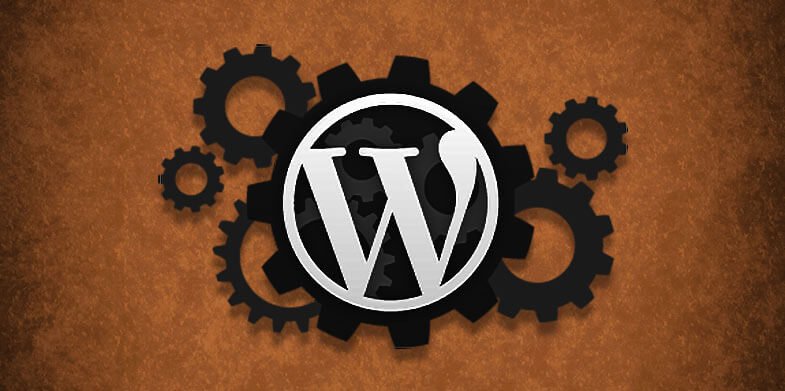WordPress has made each online business more effective because of its convenience. This CMS is basic and easy to explore for visitors which can be upgraded without any effort. However, for anybody simply beginning with it, WP can be a bit overwhelming to manage a WordPress website. In this post, I will tell you 7 tricks and tips for managing a WP website.
1. Get Benefit Of Media Library
Media handling in WP has enhanced by bounds and leaps recently. The media library is still an underutilized part of numerous WP blogs. If you reuse pictures or other media on your site, it’s justified regardless of your while to edit their Meta data in the library, so data goes with the pictures wherever you put them on site.
In the WordPress administrator panel, you can get to the media library by tapping on “Media”. Accepting you’ve transferred media before, you’ll see a list of uploaded things on screen — click on any of them to alter it. On pictures, you’ll see 3, maybe befuddling fields. This is what they mean:
Description: This can be a more extended description that is often utilized by themes to go with thumbnails.
Alternative Text: This won’t show up on the site to visitors, however it will be in the code and this is the thing that search engines use to describe what the picture is regarding. You can leave alternate fields blank, yet the option content or “alt text” ought to be filled in.
Caption: A short depiction that will be shown wherever the picture is embedded.
Likewise, tapping on “edit image” on this page will permit you to do fundamental crops, picture rotations and resizing in WP.
2. Ignore Installing New Plugins
Any plugins on your site have been screened by your web development group and have been regarded secure. Some of our most loved plugins incorporate WordFence, WP Smush and Yoast SEO. You should abstain installing new plugins , the same number of can leave their webpage helpless and may conflict with site programming. Normally, if you or your group is searching for a specific functionality, a custom development solution might be more suited.
3. Maintaining With Your Website Content
Maintaining and overhauling content is truly simple with WordPress: it is a content management system all things considered. However, WordPress won’t do the diligent work for you: you need to make your content, offer it with wide visitors and connect with the general population who are reading it and remarking on it. By doing these things you’ll make a site which urges individuals to return consistently and which gets found via search engines.
The three primary areas you have to consider are:
- Sharing content
- Managing comments and subscribers
- Publishing consistently
Keeping your version of WP and your plugins and themes progressive will keep your site running easily and lessen any security risks.
4. Staying Up With The Latest
WordPress updates are introduced for different reasons; however they’ll regularly incorporate one or a greater amount of the following:
- Enhancements
- Security patches
- Bug fixes
5. Get Your Classifications And Tags Set Up Appropriately
The difference amongst categories and tags can confound at in the first place, however once you get it your website will be simple to explore and oversee. Here’s the difference:
Categories: Think of classes as compartments that you put your posts in. Such as categories, physical containers are hierarchical —they may contain different categories within themselves. While you may put an article in more than one category, it’s good practice to keep it to only one or two.
Tags: Think of Tags as names that you connect to your articles that let you know what it’s about. You can have numerous Tags on a single post, yet for association’s purpose it’s best to have a pool of Tags that you select from — say 120 or 140.
Notwithstanding making your site simple to oversee, taking after these rules will help with SEO, too. It’s most straightforward to oversee if you set up your Tags and categories early, and after that browse the premade ones when you compose posts.
6. Dealing With Code Of Your Site
Obviously none of your content will be shown in your visitors’ programs without some code. The code controlling your site originates from three sources:
- Plugins you utilize
- Your subject
- WordPress itself
You have to ensure that the code from these three sources is up and coming and free of any potential issues, for example:
- conflicts
- security risks
- spammy links
The most vital thing you can do to maintain a strategic distance from this is to stay up with the latest however there’s something else entirely to it than that.
7. Keeping The Website Backed Up
If there is one thing which may help you keep away from some significant headaches, it’s installing a plugin to routinely backup your site with no contribution for you. Try not to depend on yourself to do this physically: odds are you’ll overlook the day preceding your server goes down or your site gets hacked and you won’t have an up to date backup.
- Think about where you need your backups to be put away: some plugins store your reinforcements all alone servers, others email you a backup, some store it on your server (very little utilize if your server falls flat) and others let you utilize 3rd party services such as Dropbox. The best ones will give you a decision.
- According to me, a great backup plugin is worth spending money on. If it takes you a long time to restore your site in the case of disaster, which is time when you could be earning, so you may miss out monetarily. However, this will rely on the sort of site you’re running and whether you have any budget.
I hope the above listed 7 tricks and tips for managing a WordPress website will be helpful for your task.

